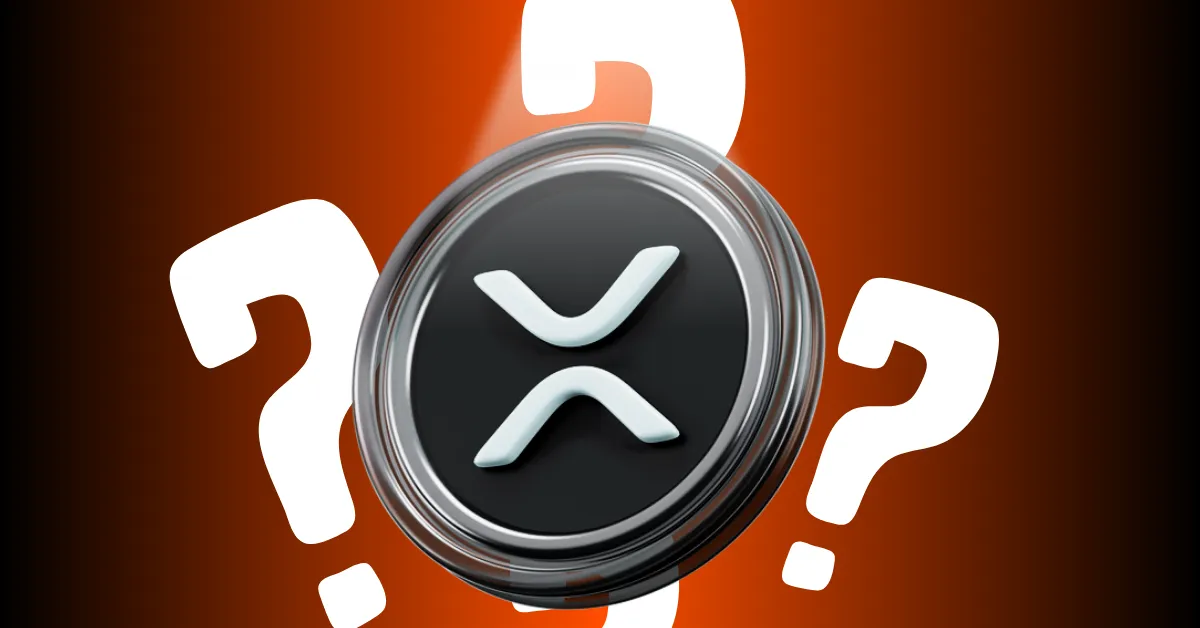
Ripple and SWIFT: A Clash of Titans in Global Financial Systems
In the dynamic world of finance, competition between Ripple and SWIFT continues to make headlines. Recently, Tom Zschach, the Chief Innovation Officer (CIO) of SWIFT, sparked a debate on the long-term viability of Ripple’s offerings, particularly XRP, within traditional banking frameworks. Let’s dive into the nuances of this emerging rivalry.
SWIFT Highlights Concerns Over Ripple and XRP
An exchange began on LinkedIn, where Ripple’s resilience in regulatory battles was praised. However, Zschach dismissed mere ‘survival’ as a marker of credibility, emphasizing the importance of neutral governance and legal enforceability. He raised critical concerns about Ripple’s XRP, questioning its lack of regulation, its absence on bank balance sheets, and its reliability in ensuring final settlement during disruptions.
According to Zschach, banks are more likely to embrace regulated stablecoins and tokenized deposits over XRP. He suggested that these alternatives offer greater control and trust compared to relying on external assets.
Ripple’s Counterargument and Innovations
While SWIFT focuses on trust built over decades, Ripple has positioned itself as a disruptor, offering technology-driven solutions for cross-border payments. Ripple’s XRP Ledger and RippleNet have introduced faster and cost-efficient transaction models compared to traditional banking methods.
In recent initiatives, Ripple spent $200 million to acquire Rail, an important move in its bid to expand beyond XRP. The company even applied for a U.S. National Bank Charter, signaling its ambitions to integrate further into mainstream banking systems.
SWIFT’s Take on Blockchain
Despite being a legacy player, SWIFT is not ignoring blockchain technology. The organization is actively exploring public blockchains like XRP Ledger and Hedera to evaluate their potential for enhancing global financial networks. SWIFT also continues to refine its Global Payments Innovation (GPI) services, ensuring transparency and speed in cross-border payments.
The Future of Cross-Border Transactions
Both Ripple and SWIFT are doubling down on efforts to dominate the cross-border payments landscape. On the one hand, Ripple offers innovative blockchain solutions that promise speed and cost advantages. On the other, SWIFT leverages decades of customer trust and an evolving governance model.
The ultimate winner will likely depend on how quickly global banks and institutions adapt to new technologies. While Ripple’s innovations are gaining traction, SWIFT’s established network and neutral governance still hold sway in the industry.
Recommended Product: Ledger Nano X
For those diving into cryptocurrency investments, secure your assets with the Ledger Nano X, a market-leading hardware wallet that ensures maximum security for your digital holdings.





